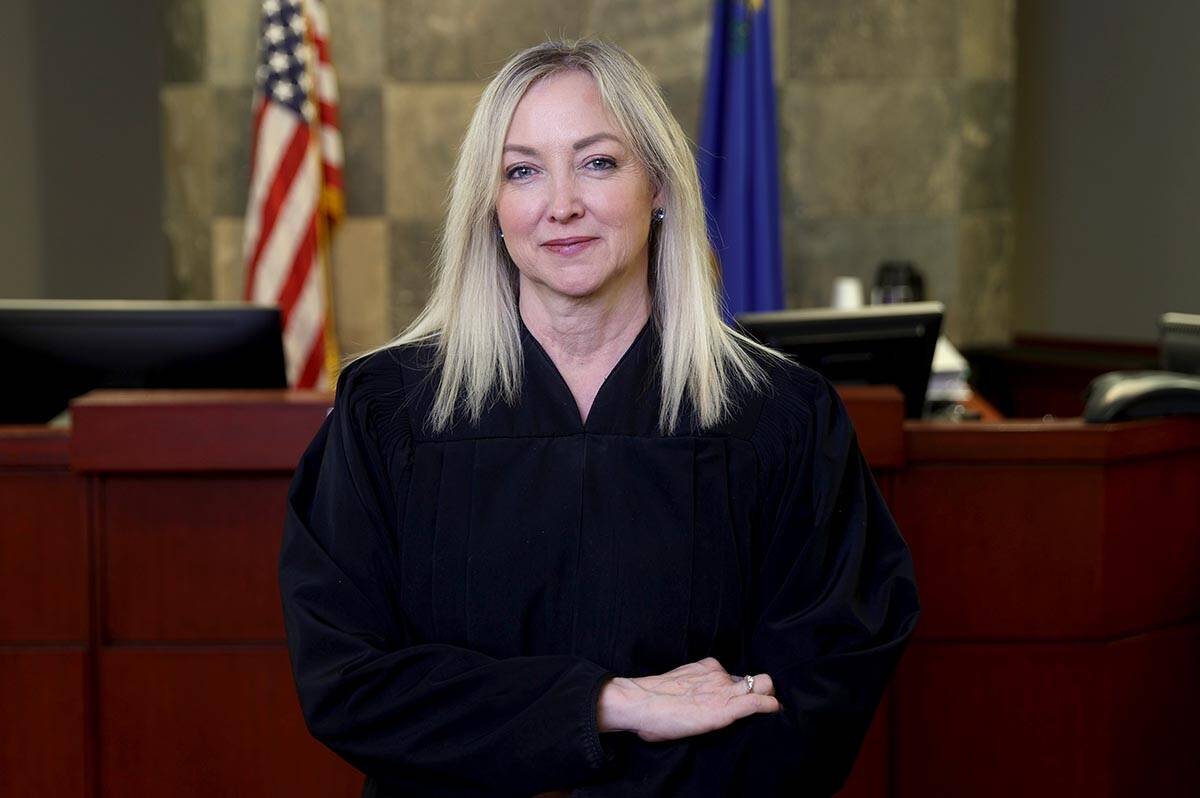ACLU alleges family court access rule is unconstitutional
The owner of a Nevada news website that reports on the state’s judicial system has asked the Nevada Supreme Court to overturn a recent rule blocking the public’s access to Family Court proceedings in Clark County.
The American Civil Liberties Union of Nevada filed a lawsuit against the District Court on June 29 on behalf of Alexander Falconi, who created the Our Nevada Judges website.
The petition asks the Supreme Court to rule that recent changes to District Court rules limiting access to Family Court hearings are unconstitutional.
The rule changes, which went into affect June 11, allow judges to close any Family Court proceedings without reason, according to the petition. Before the rule changes, only divorce cases could be closed without cause, either by a judge’s decision or at the request of one of the parties.
According to a news release from the ACLU, the new rules violate the public’s First Amendment right to access court proceedings.
“When added to the vulnerable population served by the family courts, it creates an environment that is ripe for abuse,” ACLU of Nevada senior staff attorney Sophia Romera was quoted in the release. “This new rule violates the First Amendment and undercuts confidence in an already frail family court system.”
The District Court rule changes were approved by the Supreme Court in April, court records show, after District Court Chief Judge Linda Bell and District Judge Joseph Hardy filed a petition to amend multiple court rules.
It was not clear why the rules regarding access to Family Court hearings were changed, and the District Court declined to comment on Wednesday.
Falconi, a software engineer, said he started the Our Nevada Judges website in 2014 to track statistics on judges in the Nevada court system. About three years ago, he expanded his efforts and began videotaping hearings and posting the videos on his website to educate people about the court system, he said.
Falconi said he tries to follow every step of a court case, even if it involves a hearing in family court, such as a child custody matter.
“To restore confidence in the judiciary in general, and family court specifically, putting a camera on it is the best way to do that,” Falconi said Wednesday.
Falconi said he started publishing info on the court system because of his experience going through a contentious child custody case while representing himself.
He said he wants to combat misinformation about the Family Court system, and although Falconi said he redacts names and blurs faces when needed, he’s faced pushback from lawyers with privacy concerns about a journalist covering Family Court.
“They don’t even want you in the room,” he said. “They don’t even want you to sit there and take notes.”
The ACLU argued that limiting the public’s access to Family Court hearings prevents citizens from being about to scrutinize the court system or potential abuses of judicial power, according to the petition.
“In a court proceeding where one party holds all the cards and the other party is struggling to get by, and with no right to counsel in traditional family court proceedings, the probability of injustice rises,” ACLU of Nevada director Athar Haseebullah was quoted in the release. “It is essential that family court proceedings remain open and transparent.”
Contact Katelyn Newberg at knewberg@reviewjournal.com or 702-383-0240. Follow @k_newberg on Twitter.























